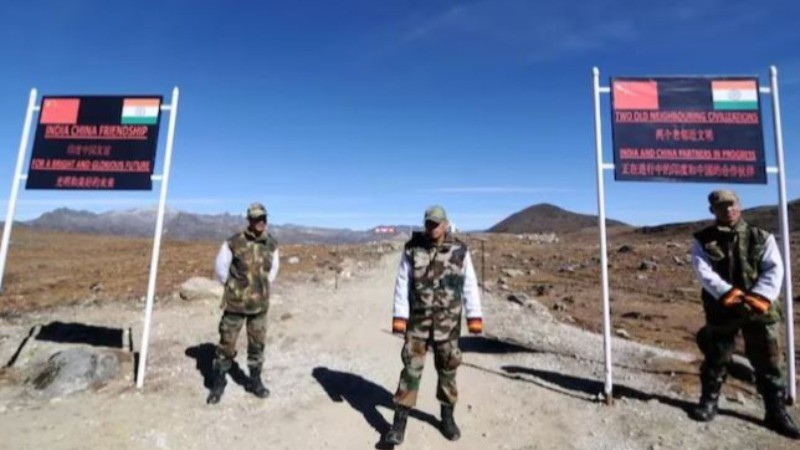
New Delhi: The prolonged delay in the 22nd round of India-China Corps Commander-level talks, now the longest since discussions began in June 2020, has sparked significant concerns regarding border tensions. Following the 21st round on February 19, there have been no high-level military meetings for seven months, marking a troubling gap in dialogue between the two nuclear-armed neighbors.
Relations between India and China remain strained after a violent confrontation in the Galwan Valley in Ladakh in May 2020, leading to a critical disengagement process that commenced in February 2021. The commander-level talks, aimed at resolving the ongoing standoff along the Line of Actual Control (LAC) in eastern Ladakh, have historically been vital for maintaining peace and stability in the region.
Despite affirmations of commitment to peace following the last round of talks, no clear resolution has been achieved, and while there have been routine ground-level communications, higher-level dialogues have stalled since February 2024. Discussions have continued through the Working Mechanism for Consultation and Coordination (WMCC) meetings; however, the absence of commander-level talks has raised questions about the reasons for the delay.
Defence experts, including retired Major General Ashok Kumar, suggest that while there was initial progress on issues such as patrolling rights and disengagement, the discussions have stalled, particularly around critical areas like Depsang Plains and Demchok. He noted that the current gap in talks may indicate both nations are waiting for a resolution that can be effectively implemented on the ground, but the lack of clarity regarding future talks is concerning.
Recently, External Affairs Minister S. Jaishankar echoed these sentiments, acknowledging some progress while emphasizing that issues related to patrolling rights and complete de-escalation remain unresolved. His comments reflect India's position that, although some disengagement has occurred, the ongoing process of de-escalation and addressing deeper strategic concerns continues to pose significant challenges.
Congress Confident of Victory in Haryana Elections: Raj Babbar Backs Bhupinder Hooda as CM face
Caught in the Act: Delhi Police Foil Jewelry Heist, Injured Thieves Apprehended in Dramatic Chase